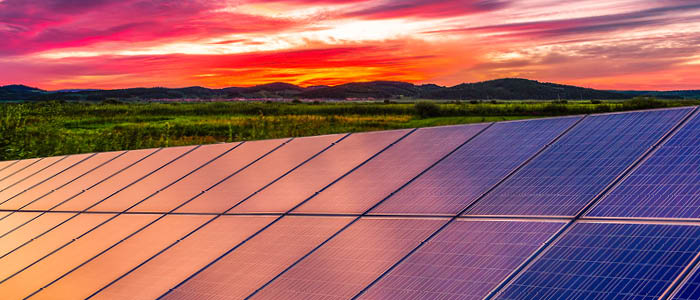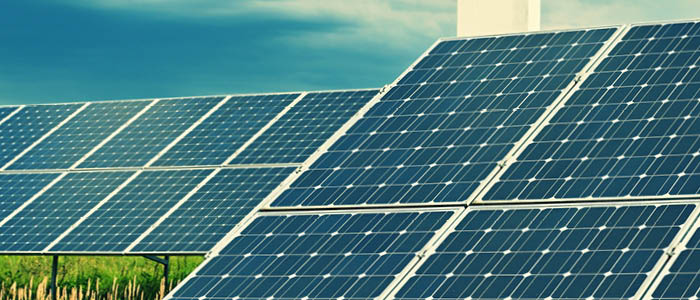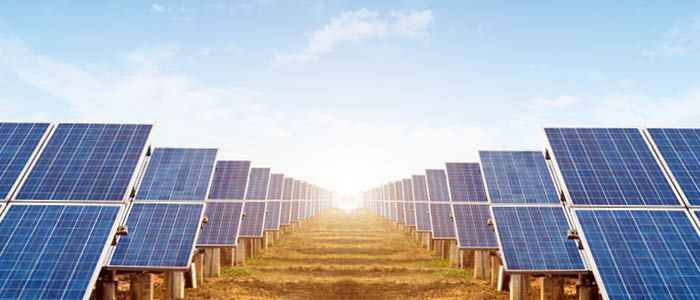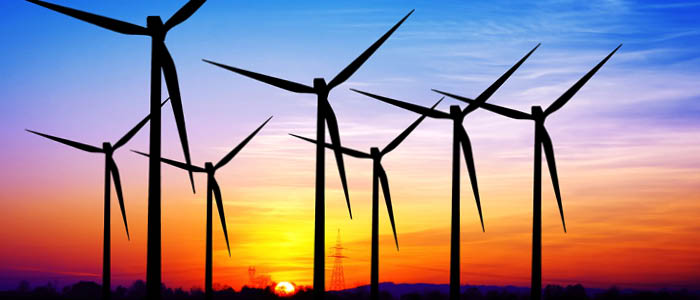Wolf Theiss has advised Budapest Municipality-owned BKM Budapest Public Utilities Nonprofit on its acquisition of E.On Hungaria's 50% stake in BDK Budapest Decorative and Public Lighting.
Norton Rose Fulbright Advises ING Bank Slaski on Financing 44-Megawatt Doral Energy PV Portfolio
Norton Rose Fulbright has advised ING Bank Slaski on financing the construction of a 44-megawatt photovoltaic portfolio in Poland for Doral Energy. CMS reportedly advised Doral Energy.
Kinstellar and Wolf Theiss Advise on UEG's Acquisition of 250-Megawatt Simeonovgrad-Polyanovo PV Project
Kinstellar has advised the United Energy Group on its acquisition of Green Profit – the company developing the 250-megawatt Simeonovgrad-Polyanovo photovoltaic project. Wolf Theiss advised Delcho Nikolaev Pehlivanov on the sale.
CMS Successful for El Consult PV Against EPC Contractor
CMS has successfully represented El Consult PV in a civil dispute initiated by EPC contractor SimInvest claiming compensation for damages before Bulgarian courts.
Dentons Advises Cero Generation on Sale of 80-Megawatt Polish Solar Portfolio
Dentons has advised Cero Generation – a Macquarie Asset Management portfolio company operating on a stand-alone basis – on the sale of its controlled Polish photovoltaic portfolio with a total capacity of 80 megawatts to GoldenPeaks Capital.
BPV Huegel and CMS Advise on Verbund Acquisition of 10-Megawatt Wind Farm in Burgenland
BPV Huegel has advised Verbund on its acquisition of a Burgenland wind farm with a total nominal output of 10.15 megawatts from a private wind farm developer and operator. CMS advised the undisclosed sellers.
CMS Advises Danske Commodities on Licensing Before Bulgarian Energy and Water Regulatory Commission
CMS has advised electricity trader Danske Commodities on the licensing of its Bulgarian activities before the country's Energy and Water Regulatory Commission, including for the coordination of a standard and combined balancing group.






















